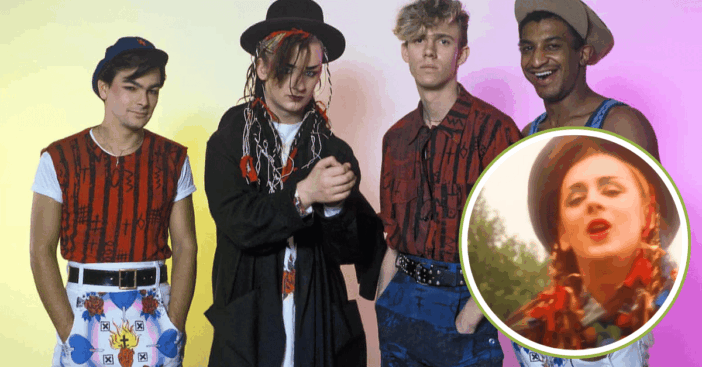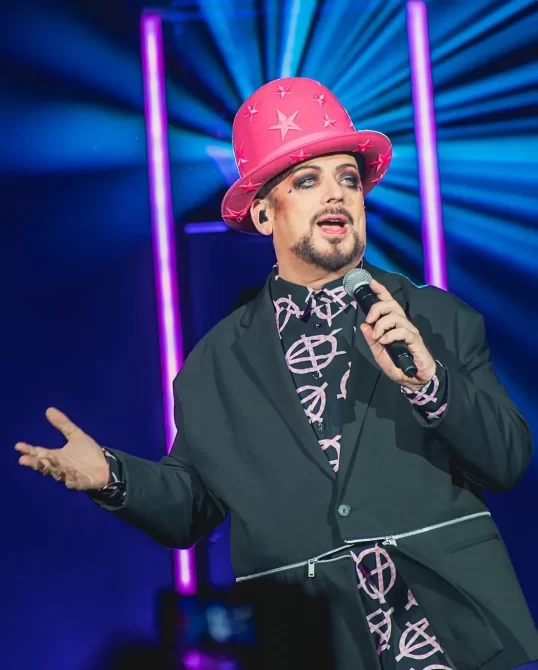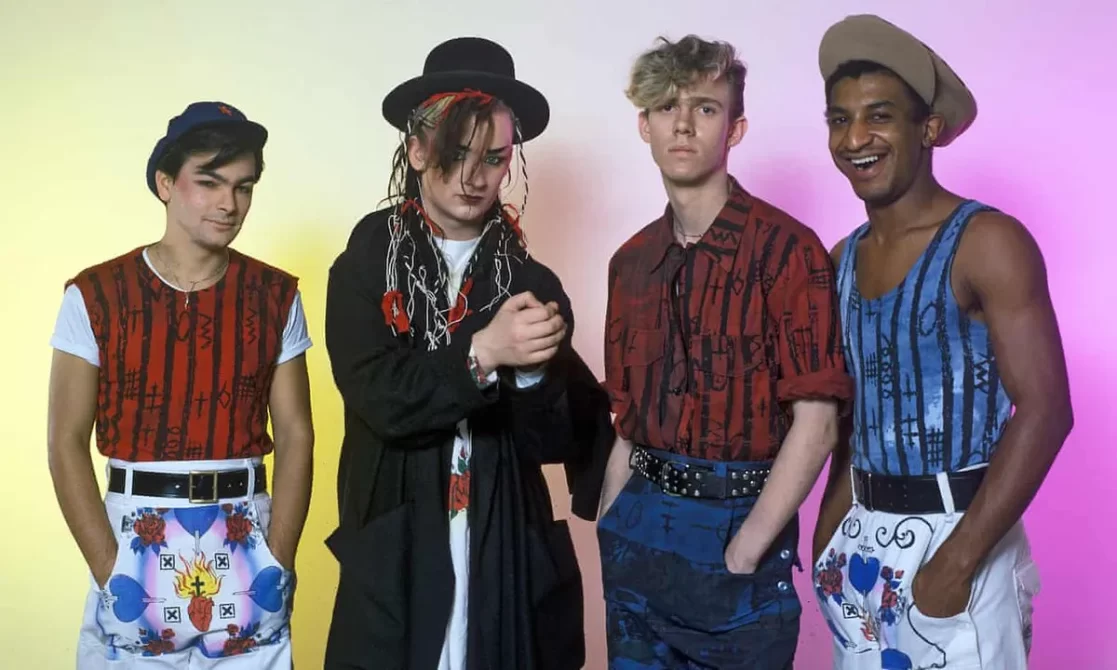
When Culture Club released “Karma Chameleon” in 1983, it quickly climbed to the top of the charts. It has an upbeat sound and catchy chorus, and as such, the song became one of their most recognizable hits. But behind the scenes, some members of the band weren’t exactly thrilled about it.
In the new Netflix-bound documentary Boy George & Culture Club, which recently premiered at the Tribeca Festival, the band opens up about how that very song created friction and marked a turning point in their career. More than just the song, it came down to trust, the tension between them, and a shift in how the band worked together.
Everyone in Culture Club had mixed feelings about “Karma Chameleon”
View this post on Instagram
Even though “Karma Chameleon” became a fan favorite and a concert closer, guitarist Roy Hay never saw it as one of their stronger works. “If you put it up against the rest of our catalog, it doesn’t stand up as a song,” Hay admitted. While he acknowledged the excitement it brings during performances, he believed it lacked the depth of their earlier hits.
Boy George, however, believed in the track from the start. He fought for its place on the album Colour by Numbers, even singing it a cappella in Hay’s kitchen to get his point across. In his memoir Karma, George wrote that the song sparked controversy with the album. Bassist Mikey Craig recalled being the middleman, urging the others to go along with it to avoid upsetting George. He and Hay even made a bet on whether it would become a No. 1. Well, Craig won.

What really happened behind the scenes
The documentary Boy George & Culture Club also looks into how fame shifted the group’s dynamic. After their Top of the Pops performance, George took center stage, both in media coverage and within the band. This shift led to some internal distance, especially as Virgin Records leaned heavily into George’s image.

It also explores George’s relationship with drummer Jon Moss, which inspired many of the band’s lyrics. Their relationship, which they once kept hidden, became harder to hide, especially after George’s comment at the Grammys got people talking. The documentary also opens up about his battle with addiction, which played a big part in the band missing Live Aid. It’s a moment Craig still finds hard to talk about. Despite all this, the band found its way back to each other. They’ve toured, reunited, and are now back in the studio, working on new songs, including a fresh take on “Do You Really Want to Hurt Me?”
